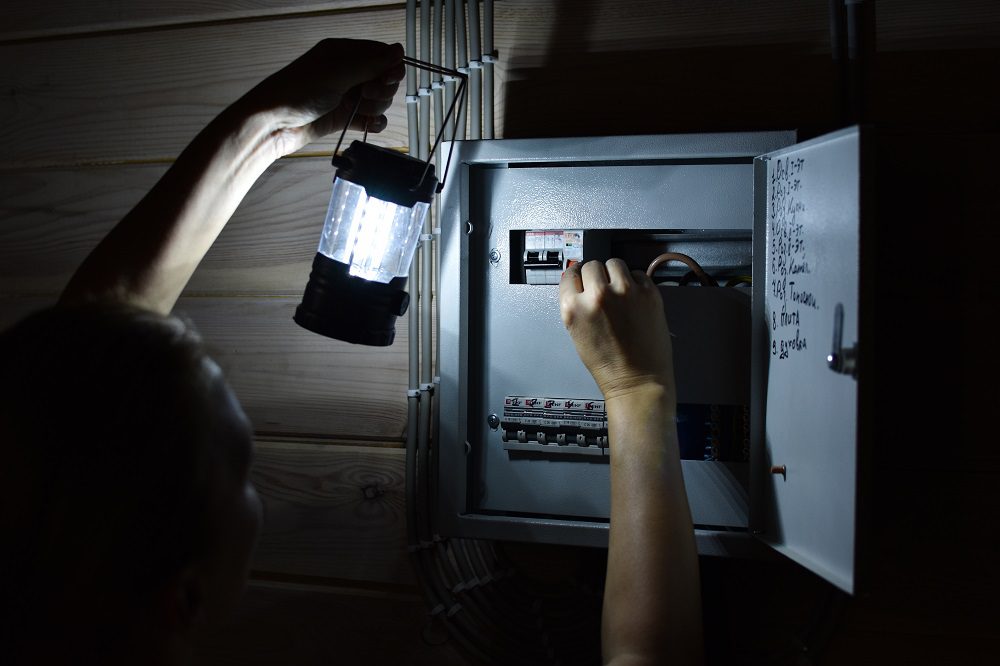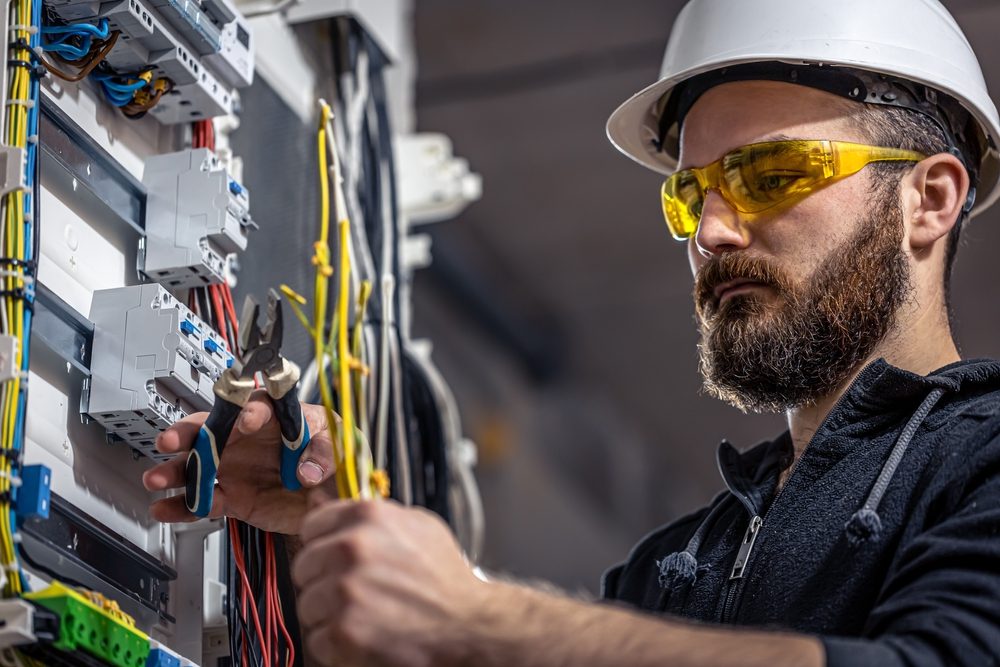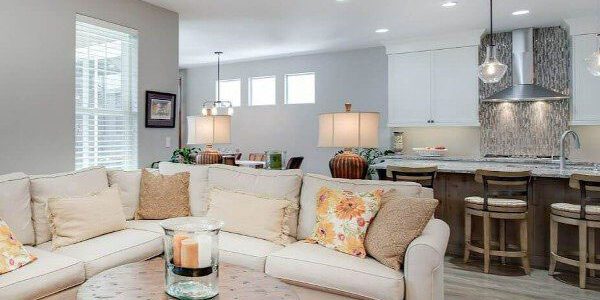Homeowners in Charlotte often call after a breaker trips for the third time in a week or a light starts flickering when the dryer runs. The first question is usually the same: what is a fair electrical repair cost for this kind of problem? The honest answer is it depends on the symptom, access, code updates, and parts availability. This article shares practical price ranges that Ewing Electric Co. sees across Charlotte neighborhoods, from Myers Park to Steele Creek, so a homeowner can plan with confidence and act before a small fault becomes a major repair.
What drives electrical repair cost in Charlotte
Labor rates, diagnostic time, materials, and code compliance shape the final number. Most Charlotte service calls start with a diagnostic fee that covers the first hour on site. If the issue is isolated and parts are on the truck, the fix may land within that first block of time. If the fault sits behind finished drywall, up an attic with poor access, or inside an older panel, the price rises with time and materials. Homes built before 1990 often need GFCI/AFCI protection and bonding updates to meet current code, which can add cost but also improves safety and resale.
Ewing Electric Co. prices transparently, with upfront ranges before work starts. The technician explains options in plain terms so a homeowner can choose based on safety, urgency, and budget.
Common repairs and realistic ranges in Charlotte, NC
Small fixes and quick wins often come in lower than people fear. Others, like burnt neutrals or panel faults, demand careful steps and can cost more. Here is how repairs often price out across Charlotte:
Outlet and switch problems
A dead outlet, warm switch, or receptacle that sparks when a plug moves usually points to a failed device or a loose backstab connection. In newer houses in Ballantyne or Berewick, it is often a single bad outlet. In older homes in Plaza Midwood or Dilworth, aluminum wiring or worn devices may be the root cause.
- Typical range for a single device replacement with troubleshooting: $150 to $275. GFCI replacement in kitchens, baths, garages, or exterior: $175 to $300, including line/load testing and labeling. Multiple devices on one visit (three to five): $300 to $550, depending on access and count.
If an outlet shows heat damage or the box feels loose in plaster, allow extra time for box repair or a retrofit bracket.
Breakers that trip and nuisance outages
A breaker that trips once and resets often costs less than a breaker that trips daily. The technician will check load calc, test the breaker, inspect terminations, and look for a fault on the circuit.

- Standard breaker replacement: $150 to $250. AFCI or dual-function AFCI/GFCI breaker: $225 to $400, depending on brand and panel. Troubleshooting a persistent trip, including megger testing or isolation: $200 to $450 when resolved within two hours.
If the cause is a shorted appliance cord, the fix may be quick and inexpensive. If the cause is a staple through a cable in a wall, expect higher cost due to tracing and possible drywall repair by others.
Short circuits and burned connections
A true short that arcs, pops a breaker, or leaves a burnt smell needs quick attention. Common spots include light fixtures with overheated sockets, patio receptacles that took on water, or backstabbed receptacles that loosened over time.
- Locate-and-repair of a localized short on an accessible device: $200 to $400. Short within a lighting circuit with multiple fixtures and switches: $350 to $650, depending on tracing time. Burned neutral or double-lugged connection in panel: $350 to $700, more if bus damage exists.
If a panel bus is damaged or a breaker has welded to the stab, replacing the panel is safer than a patch.
Light fixtures, cans, and ceiling fans
Replacing a standard flush-mount fixture that already has a rated box is straightforward. The price changes when the box is not fan-rated, the ceiling is what is electrical repair high, or the switch loop lacks a neutral.
- Swap a basic fixture: $150 to $250 each, with price breaks for multiple on the same visit. Install a ceiling fan on a proper fan-rated box with existing wiring: $200 to $350. Convert a non-rated box to a fan-rated brace in drywall: $300 to $450. Replace older recessed can trims with LED retrofits: $200 to $400 for the first, then less per additional.
Vaulted ceilings, tall foyers, and stairwells require ladders or scaffold and add time.
GFCI, AFCI, and grounding updates
Many Charlotte homes need safety upgrades during repairs to meet code. The most common are GFCI protection near water and AFCI in habitable rooms.
- Add or replace GFCI protection at point of use: $175 to $300 per location. Install AFCI or dual-function breaker at the panel: $225 to $400 each. Bonding and grounding corrections (water bond, ground rods, or clamp upgrades): $250 to $600, depending on existing condition.
These upgrades often reduce nuisance trips and lower risk of shock or arc faults.


Panel repairs and replacements
A panel with hot spots, corrosion, or recalled breakers is a safety risk. Charlotte sees a fair number of Federal Pacific and Zinsco panels in older neighborhoods. Insurance carriers often flag these during home sales.
- Tightening, torque check, labeling, and minor repairs: $250 to $500. Main breaker replacement or bus repair (if parts are available): $400 to $900. Full panel replacement with like-for-like ampacity, permit, and inspection: $1,800 to $3,500 in most cases. Service upgrade to 200A with new meter base and grounding: $3,500 to $6,500, depending on utility requirements and mast location.
Exterior meter bases in Charlotte may require Duke Energy coordination, which can influence scheduling and cost.
Whole-home troubleshooting for recurring issues
Intermittent dimming, multi-room outages, or tingling sensations at fixtures demand systematic testing. Ewing Electric Co. uses load monitoring, infrared scanning, and circuit isolation to track heat and voltage drop.
- First-hour diagnostic with resolution: $150 to $275. Complex diagnostic spanning multiple circuits: $350 to $800. Corrective work such as replacing a failed multi-wire branch neutral tie or correcting shared neutrals: $250 to $700 beyond diagnostic.
Intermittent faults often appear when HVAC, ovens, or EV chargers are in use. The tech will ask about timing and appliance use to shorten the hunt.
Charlotte-specific cost factors
Permit fees vary by scope. The City of Charlotte and Mecklenburg County require permits for panel work, new circuits, and service upgrades, which adds predictable cost and schedule time. HOA rules in areas like Providence Plantation or Highland Creek may require exterior conduit color matching or work hours, which influences labor. Access matters in tight crawlspaces in older bungalows near NoDa and in insulated attics of SouthPark homes, especially in summer.
Material brands affect price and lead times. Siemens and Square D parts are common here, but older panels may need special-order breakers. Rain and humidity can accelerate corrosion on exterior receptacles and meter bases, which sometimes makes a simple replacement broader than expected.
Safety vs. savings: where to spend and where to pause
A homeowner can safely reset a tripped breaker once and note the result. Repeated trips, a burnt odor, buzzing at the panel, or warmth at an outlet call for a licensed electrician. Skipping GFCI or AFCI updates during a repair may save dollars now but keeps risk on the table. On the other hand, cosmetic fixture swaps can wait if the budget is tight and the wiring checks out.
For rentals in University City or condo units in Uptown, documentation matters. Ewing Electric Co. provides photos and line items for property managers and real estate transactions so costs are clear to all parties.
How Ewing Electric Co. structures estimates
The technician explains the issue, shares clear options, and prices each option before work begins. Diagnostics have a defined window. Small parts and standard devices live on the truck. Larger parts, such as main breakers or meter bases, are sourced same day when possible. Permit-required work is quoted with all fees included. No surprises.
Here is a simple way to decide next steps:
- If the breaker trips immediately on reset, call for rapid service and leave it off. If an outlet or switch feels hot, stop using it and schedule same-day repair. If lights dim when a large appliance starts, schedule a diagnostic to check load and connections. If the panel is older than 30 years or uses recalled equipment, request a panel evaluation and quote.
Sample scenarios from Charlotte homes
A South End condo had a bedroom circuit tripping weekly. The AFCI breaker tested fine. The fault traced to a lamp cord with a crushed plug. Total: $185 for diagnostic and breaker testing, homeowner replaced the lamp.
A ranch in Madison Park lost power to half the kitchen after a storm. A GFCI under the window had failed due to moisture intrusion at the exterior box. The fix included a new in-use cover outside, a new GFCI inside, and re-sealing the penetration. Total: $365.
A brick home in Myers Park showed scorch marks on a neutral bar inside a 1970s panel. The neutral lug had loosened, causing heat and flicker. Tightening alone was not safe. The repair replaced the damaged bar and corrected multiple double-lugged neutrals. Total: $540. The homeowner later scheduled a panel replacement for insurance compliance.
An older bungalow in Plaza Midwood needed a 200A service upgrade for a new range and EV charger. The project covered a new panel, meter base, mast, grounding, permits, and coordination with Duke Energy. Total: $5,200.
How to keep electrical repair cost under control
Simple habits help. Label the panel clearly so circuits are easy to isolate. Replace cracked cords and worn power strips. Upgrade exterior covers to in-use, weather-resistant types. If a room remodel is planned, run the extra neutral or the dedicated microwave circuit while walls are open; it is cheaper than fishing later.
Ewing Electric Co. also offers grouped pricing when several small tasks happen on one visit. Fixing five tired outlets while the technician is already there often costs less than five separate trips.
Ready for a clear, local quote?
Ewing Electric Co. serves Charlotte, Matthews, Pineville, Huntersville, and nearby areas with same-day electrical repair. If a breaker keeps tripping, an outlet feels warm, or a short has shut down a room, the team can diagnose and resolve it with transparent pricing. Call or request a visit online for a precise estimate based on your home, your panel, and current code. The goal is simple: make the home safe, get everything working, and keep the electrical repair cost fair and predictable.
Ewing Electric Co provides dependable residential and commercial electrical services in Charlotte, NC. Family-owned for over 35 years, we handle electrical panel upgrades, EV charger installation, generator installation, whole-home rewiring, and 24/7 emergency repairs. Our licensed electricians deliver code-compliant, energy-efficient solutions with honest pricing and careful workmanship. From quick home fixes to full commercial installations, we’re known for reliable service done right the first time. Proudly serving Charlotte, Matthews, Mint Hill, and nearby communities.
Ewing Electric Co
7316 Wallace Rd STE D
Charlotte,
NC
28212,
USA
Phone: (704) 804-3320
Website: https://ewingelectricco.com/ | Google Site
Social: Facebook | Instagram | Twitter
Map: View on Google Maps